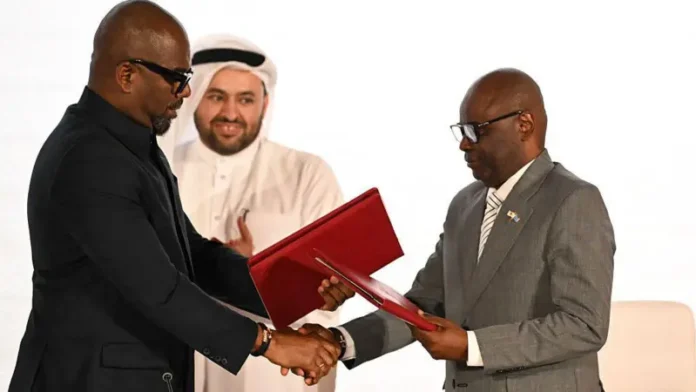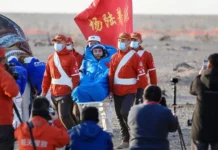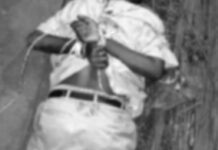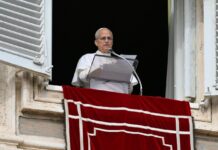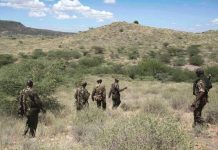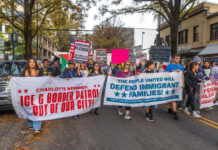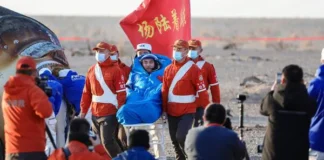The Democratic Republic of Congo and the Rwanda backed M23 rebel group have signed a fresh framework for peace in Qatar, marking another attempt to halt the devastating conflict in eastern DR Congo.
The agreement follows months of shuttle diplomacy involving Qatar, the United States and the African Union, all trying to stabilise a region where M23 has captured major cities and sparked a deepening humanitarian crisis.
The new accord, known as the Doha Framework for a Comprehensive Peace Agreement, was signed at a ceremony attended by representatives of the warring parties along with senior officials from Qatar and the United States.
It comes after a ceasefire deal and an earlier framework were agreed in July, also in Doha. Both sides were later accused of violating that truce.
US envoy Massad Boulos said the framework contains eight protocols, although only two have seen partial progress.
These relate to prisoner exchanges and mechanisms to monitor the ceasefire. He conceded that implementation has been sluggish, noting that peace processes take time and cannot produce instant results.
The M23 rebellion reignited in late 2021 and has since expanded into a major offensive, capturing key provincial centres including Goma and Bukavu in January and February.
The rapid advance killed thousands and forced hundreds of thousands of civilians to flee, heightening fears of a region wide confrontation.
Aid agencies warn that the humanitarian situation remains critical, with families displaced multiple times and limited access to food, healthcare and schooling.
Recent reports from Goma suggest that children are beginning to return to class in areas under M23 control, though the security environment remains uncertain.
The new framework follows a separate peace agreement signed in Washington in June between the Congolese and Rwandan governments.
Whether this latest accord will hold remains the central question for a region exhausted by years of conflict.









